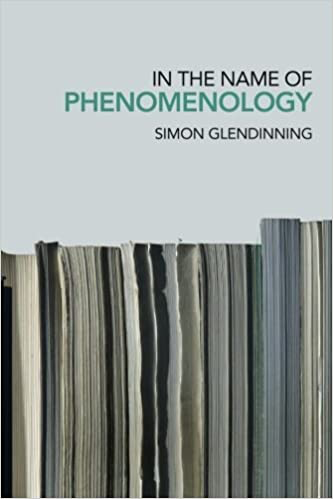Living In The Shadow
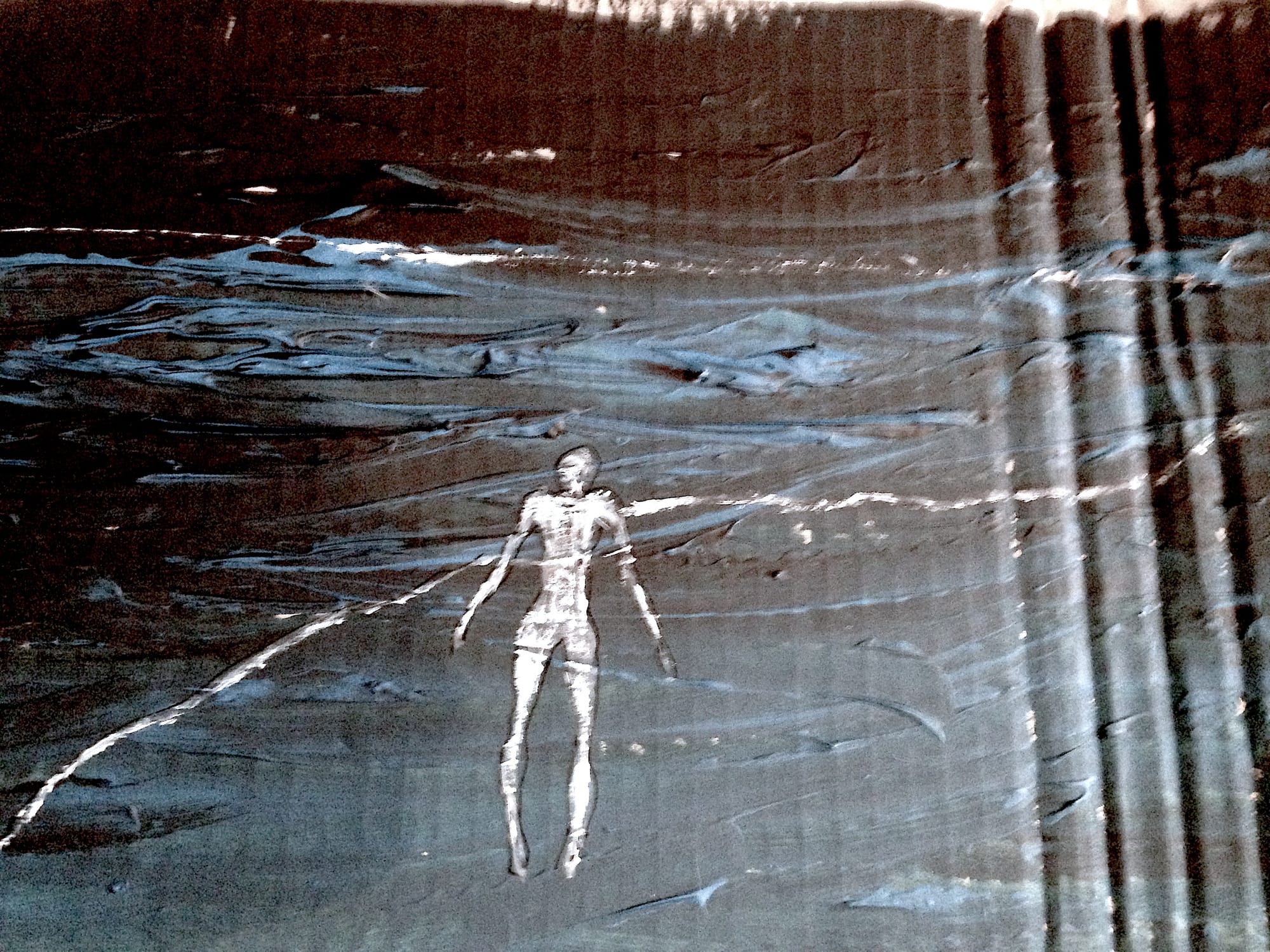
By Simon Glendinning
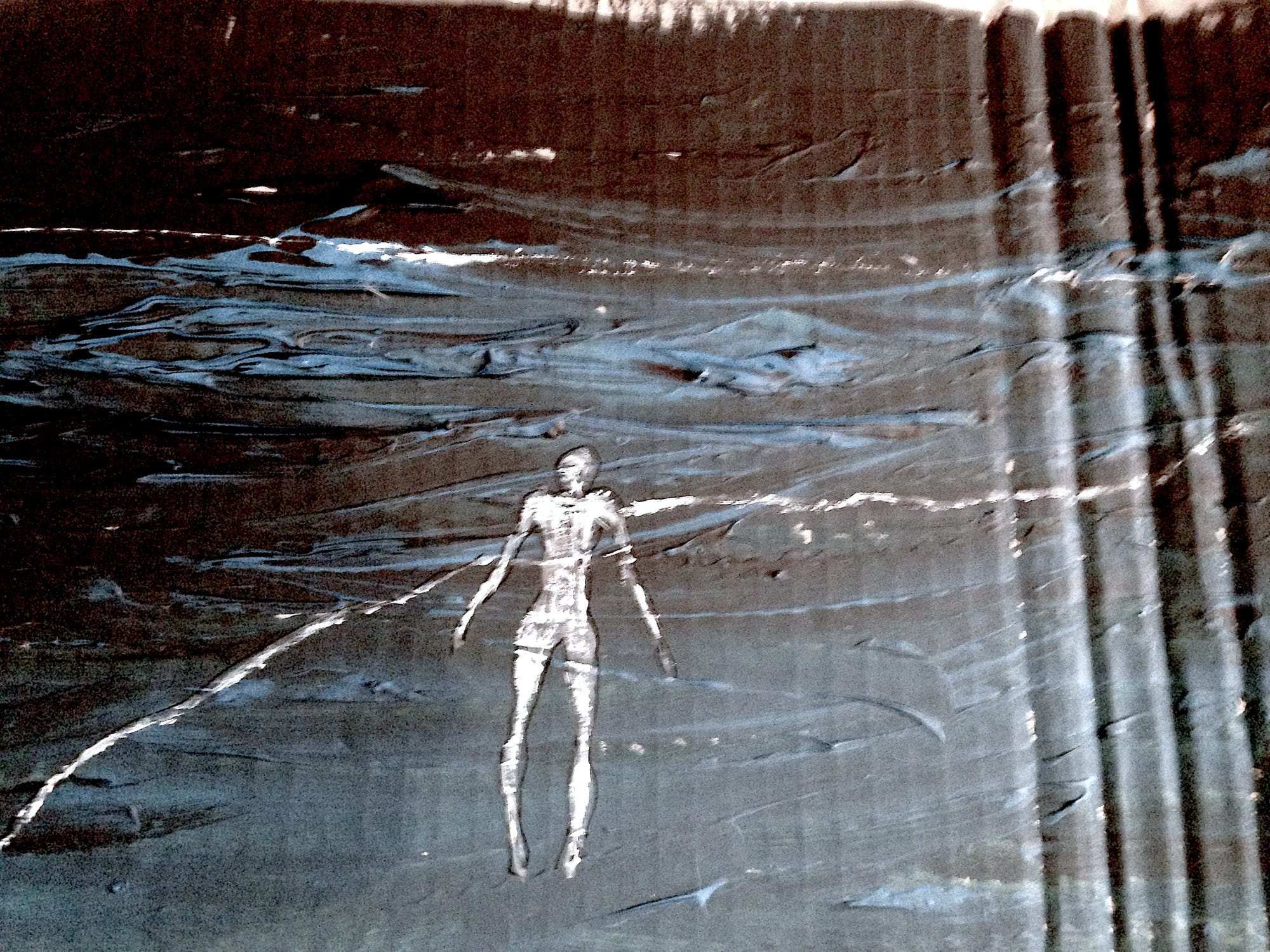 I
I
By the second half of the twentieth century it was clear to anyone who had their eyes open at all that the grand narratives of Europe’s modernity – narratives of progress, and the emancipation of man, had, in our time, become unbelievable, incredible.
II
It is in a space where this idea looks undeniable that my philosophical thinking makes its way, and in which the announcement of the death of God belongs to my work as the falling apart of the world of Europe’s modernity, a world in which the lives of “we Europeans” of the day before yesterday made sense to them.
Here is Nietzsche thinking about what might give our existence the kind of meaningful character we would most like it to have; namely, a final end or goal of history in which we are ourselves play the starring role, we ourselves the centre of significance:
'This meaning could have been: the “fulfillment” of some highest ethical canon in all events, the moral world order; or the growth of love and harmony in the intercourse of beings; or the gradual approximation of a state of universal happiness; or even the development toward a state of universal annihilation – any goal at least constitutes some meaning. What all these notions have in common is that something is to be achieved through the process – and now one realizes that becoming aims at nothing and achieves nothing.' (WTP: p. 12, emphasis mine)
Nihilism may be at the door here, but Nietzsche found our new condition promising, not hopeless. Heidegger, who thought we lived in a time of the “decline” of our existence, seemed less confident, famously stating in the newspaper interview in which he speaks of this decline, that “only a god can save us” (OGS). Nietzsche’s madman announces that “God is dead” to bear witness to our new condition, and he gave to that same madman a construal of what might be required of us in its aftermath that seemed to go beyond Heidegger’s sense that the “best” we can achieve ourselves would be to “awaken a readiness to wait [for the appearance of a god]” (OGS):
“How shall we comfort ourselves, the murderers of all murderers? What was holiest and mightiest of all that the world has yet owned has bled to death under our knives: who will wipe this blood off us? What water is there for us to clean ourselves? What festivals of atonement, what sacred games shall we have to invent? [Welche Sühnfeiern, welche heiligen Spiele werden wir erfinden müssen?] Is not the greatness of this deed too great for us? Must we ourselves not become gods simply to appear worthy of it?” (GS: §125)
Nietzsche’s talk of our having to invent new “festivals of atonement” and “sacred games” is, on the face of it, a more familiarly human challenge, although not one that it is easy to imagine “we Europeans” of today being particularly well prepared for.
III
But perhaps it is not so far from what we are familiar with. Although we will have reason to come back to it more favourably, I don’t think “festivals of atonement” is quite right as a translation of “Sühnfeiern” (festivals of atonement would just be Sühnfest), or at least does not register the seriousness or solemnity of feiern (“celebrations”) in religious language, as in “celebrating mass”. Speaking of Sühnfeiern recalls, in particular, Yom Kippur, the holiest day of the Jewish calendar, a day when an annual ritual is performed to take away the sins of all the people (Leviticus 23, Hebrews 9:22), or the Christian day of atonement for (precisely) the death of God-incarnate as the scapegoat for all our sins. And “heiligen” does not just mean holy or sacred (heilige) but refers to acts which hallow or sanctify, these are hallowing or sanctifying games, ceremonial games, perhaps intended also to draw children, the inheritors of all our of all our acts, into the all who must atone.
Nietzsche’s Sühnfeiern and heiligen Spiele are invoked in the context of a great task of remaking or recovering a sense of our lives as meaningful in the wake of the death of God, a task which is itself inflected in an unquestionably religious register. It calls for a resurrection of a sense of life not just called to celebrating or honouring what is holy, but as hallowing, bringing the holy back to life. (This is, in fact, more or less exactly what Heidegger’s preparatory waiting is about too.)
IV
While not altogether unfamiliar to us, these Europeans living on the other side of the “the greatest recent event”, the event which is, Nietzsche says, “already beginning to cast its first shadows over Europe” (GS, §343), these people living on the other side of the event of the becoming-unbelievable of the Christian God, do seem less (how shall we put this?) less modern than we have become in our time. Not only do they seem more seriously “ceremonial” animals than we are, their lives seem more closely to resemble the religious lives of Europeans of the past than the lukewarm narrowness of the religious culture that still dominates modern Europe, the respectable moral order of modern Christian teaching. And that culture is one that many of us are mostly lost to anyway. The idea of inventing new Sühnfeiern and heiligen Spiele may seem to take us back into a religious world we might have thought we had just left.
The suggestion from Nietzsche’s madman seems to be that only by becoming gods ourselves can we become “worthy” of being His murderer, and thus create a future for ourselves beyond our presently attained modern condition. We would become gods by becoming an actively strange ceremonial animal capable of atoning for the deicide that we will have come to see that we have all done. Through a transformation of spirit, we would become the ones who can own the deed.
Heidegger’s response, taking the task of saving finally out of human hands, human hands left to the humbler work of preparing a readiness for the god’s appearance or the return of the Holy, may seem the more realistic and responsible than the response of Nietzsche’s madman, at least fundamentally less hubristic. However, when the madman himself responds to his own question whether we must become gods ourselves in the sentence immediately following it – the sentence that in fact concludes his announcement and after which he “fell silent” – he drops the religious register of his rhetoric. It is a rhetorical shift that places the event back into human history, rather than a beyond- human transformation: “There was never a greater deed—and whoever is born after us will on account of this deed belong to a higher history than all history up to now!”
V
A higher history for humanity in a newly decentred condition. And higher for just that reason: our existence would be framed by, as Stephen Mulhall puts it, “a conception of ourselves (understood as simply part of nature) as embodying only the significance we can confer on ourselves (perhaps through festivals of atonement, perhaps through holy games)” (PMF:, p. 24). It would be through a life in which such ceremonies make sense to us that Europeans living on the other side of the event of the death of God might come to terms with their responsibility for bringing the holy back to life.
There is something right here, but Nietzsche’s idea here really should not be understood as framing an understanding of ourselves “as simply part of nature”. Nietzsche knew as well as anyone, better than almost everyone, that we inhabit a web we have built for ourselves that is separated from, hanging in the air above, the ground of nature: with the existence of man we are concerned with the creation of a creature.
The web of concepts built by human beings take longer to construct, longer too to deconstruct and to rebuild, and the ruins of old worlds travel with us in the fabrication of a new one, haunting them, haunting us, still active there, still working in us, somewhere where we are, heading who knows where. The death of God has a long shadow.
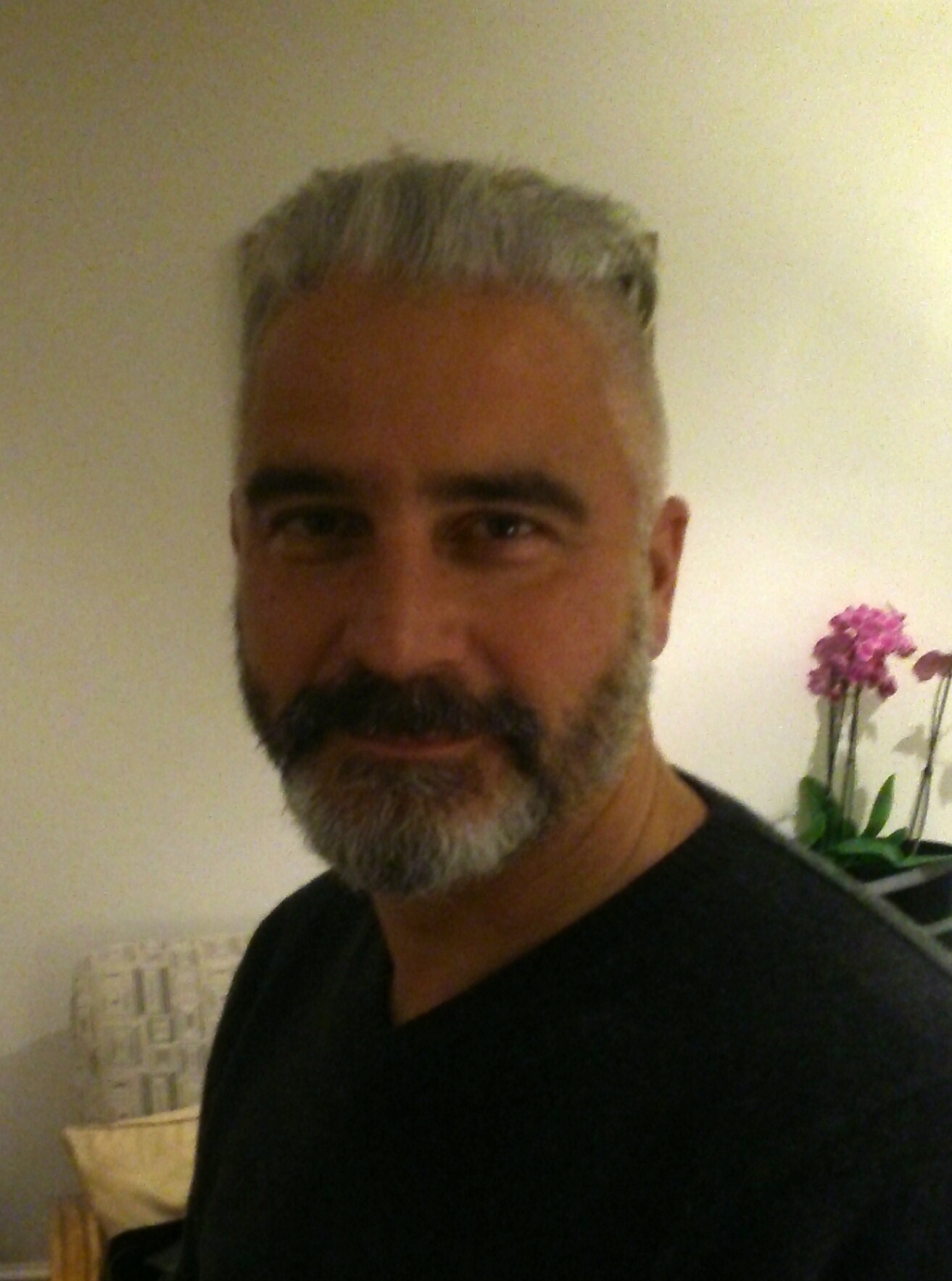
About the Author
Simon Glendinning is Head of the European Institute and Professor of European Philosophy at the London School of Economics and Political Science. Since 2007 most of his efforts in philosophy have centred on the idea of Europe in philosophical history. His new book Europe: A Philosophical History will be published in two volumes by Routledge in 2021.
He is the author of:
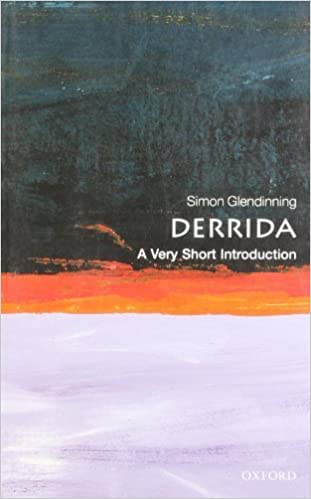
Derrida: A Very Short Introduction
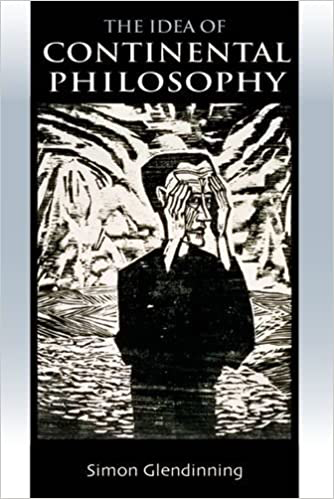
The Idea of Continental Philosophy
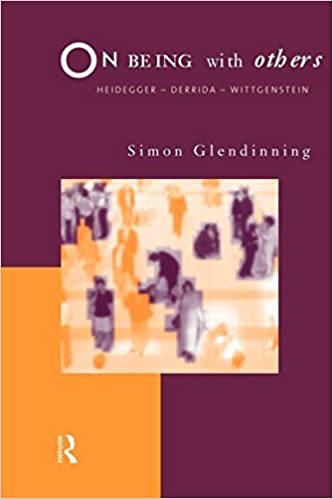 On Being With Others: Heidegger-Derrida-Wittgenstein
On Being With Others: Heidegger-Derrida-Wittgenstein
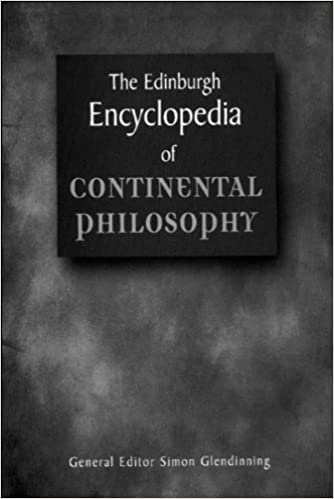 The Eniburgh Encycolpedia of Continental Philosophy
The Eniburgh Encycolpedia of Continental Philosophy
